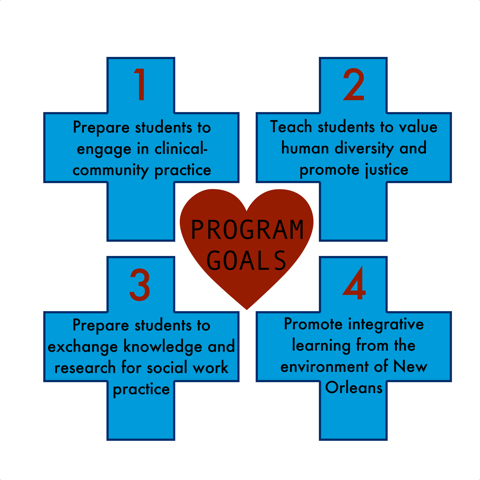School of Social Work introduces street-level health care

Daisy Rymer | Associate Artist
The School of Social Work’s street-level healthcare aims to increase affordable access to healthcare in New Orleans and engage students in the community.
Tulane’s School of Social Work took to the streets last Thursday to recreate a small citywide health care stop.
The street-level health care stop can be found monthly on the corner of Elks Place and Canal Street, an area often filled with pedestrians. One small tent provided a range of health care options for anyone who decided to partake. Tulane, partnering with Blue Cross Blue Shield, offered vision checks and HIV testing while providing information on mosquito prevention and Medicaid sign-ups. This month, a dental van was present, providing care with dentures, molds and extractions.
These monthly events began in June, when Patrick Bordnick, dean of the School of Social Work, envisioned an accessible place that would provide health care options for those who otherwise could not afford it.
“I think looking and understanding the needs of communities and being able to provide access to levels of care is really important,” Bordnick said. “What inspired me was when I was coming here, literally visiting the school for the first time, I saw the transit transfer stop, had no idea what it was, just saw one or two buses, and started thinking, ‘Hey it’s great to have this in front of the school.’ This is a great opportunity [where] we can set up tents, raise awareness of HIV and STDs and substance abuse.”
One of the four missions of the Tulane School of Social Work is to “prepare … students to engage in relationship-centered, clinical-community practice to enhance the biopsychosocial capacity and resilience of individuals, families, groups, organizations and communities.”
In keeping with the school’s mission, students and faculty came together at the Elks Place and Canal Street corner to provide basic goods, health care services and even fresh fruit.
“While working, one of the [New Orleans Regional Transit Authority] drivers stops his bus, runs off the bus, pays for a thing of grapes, does this literally on the fly,” Bordnick said. “[He] says this is the first time I have been able to get fresh fruit in three days. It shows that there really is a need and [that] you can provide access and availability.”
According to Bordnick, people working to make ends meet cannot always afford adequate health insurance. This monthly program gives people who lack the ability to access health care services the chance to have a checkup, which may not otherwise be possible. Bordnick said he hopes to build on the initiative’s success in the coming months.
“The broader vision is really to maybe do this more than monthly and to grow this working with more and more partners and expand,” Bordnick said. “All with that tenet of partnering with our community to understand and working together collaboratively to address the different needs mainly around health and behavioral health.”
Your donation will support the student journalists of Tulane University. Your contribution will allow us to purchase equipment and cover our annual website hosting costs.



Leave a Comment